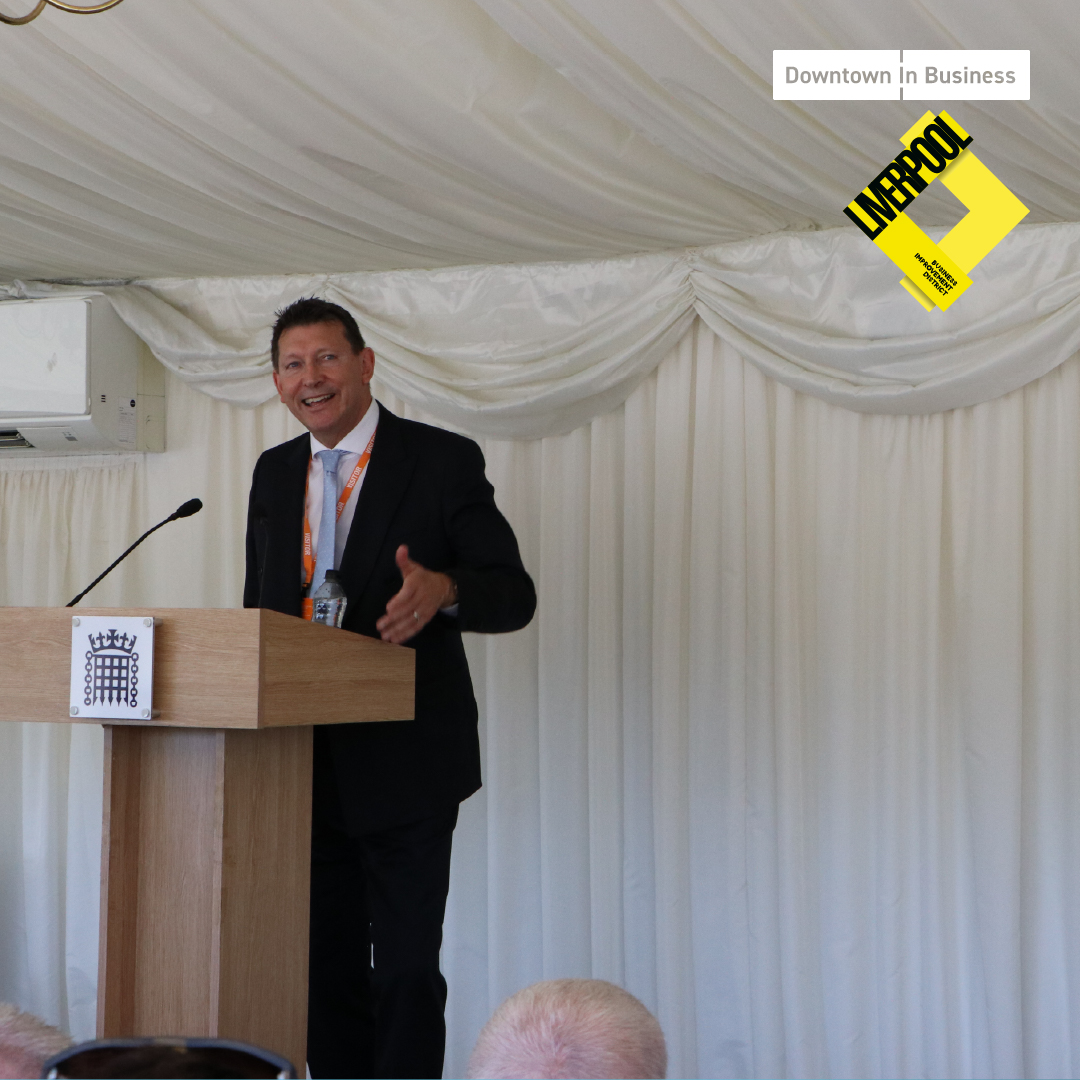The Little Engine Which Could.
While protests about climate change, social inequality and racial injustice are not unusual in America, meaningful action from the powers-that-be are considerably rarer.
The widely held belief has been that Wall Street, the lobbyists in the corridors of power and special interest groups, had the ability to throw a protective cordon around big business preventing the anger of citizens and consumers from disrupting business as usual.
Inside these citadels of corporate power, legions of lawyers and public affairs specialists have invested vast sums of money and campaign energy to manage the issues and avoid any potential crisis.
Acknowledge the problem; commit to joining ‘big church’ multiple-partner stakeholder dialogue; industry association working groups; glossily packaged and extensively publicised action plans which set out decades-long incremental change is the playbook I and every other Corporate Affairs executive know well.
But all that seems to have changed.
The barbarians are no longer trying to storm the walls from the outside, they have taken over from the inside.
And the fact they have achieved this feat at one of corporate America’s most change resilient organizations has possibly altered the rules of the game for everyone.
Engine No. 1, (EN1) until a few weeks ago, was a little heard of hedge fund operating out of San Francisco’s Bay Area – although it did have a list of founding members which reads like a ‘Who’s Who’ of tech and financial services investing.
Launched with little fanfare on December 1st 2020, the EN1 fund described itself as; “an investment firm purpose-built to create long-term value by driving positive impact through active ownership”. Nothing to make the titans of power quake there.
But they set their sights on America’s biggest and, to many, ugliest business – EXXONMobil, parent company of ESSO in the UK.
With a relatively modest $40million investment in shares in the multi-billion fossil fuel behemoth, the team went to work.
Rather than arguing for the break-up, abolition or punitive fines and penalties for ‘Big Oil’, EN1’s opening gambit was to declare its love for the company, but its frustration that its current leadership was taking it on a path which failed to realise billions in new growth and profitability.
Such words and ideas catch the attention of institutional investors. The big pension funds CalPERS and CalSTRS which manages the huge retirement portfolio for all of California’s public employees and teachers and educators respectively, were listening and pledged their backing to EN1.
EN1 argued that the facts were clear for all to see – EXXON had lost its slot on the prestigious Dow Jones Industrial Average and that although its share capitalisation was still around $175Billion it was way down on its peak of $500Billion.
The campaigners also showed that the all-important ROCE – Return on Capital Employed – in its Upstream businesses (the oil and gas exploration and production work) had crashed from a healthy 35% to 6% in recent years.
They wanted a change in direction, and that started with changes in the boardroom. The poor capital allocation, they argued, was a direct result of EXXON’s decades long strategy of climate change denial.
EXXON, predictably, followed the playbook and pointed at what it called: “its support for development of climate science in partnership with government and academics for more than 40 years.”
Institutional investors were left unimpressed by that line of defence and EN1 proposed a slate of candidates to displace some of the familiar faces who had been in situ for decades. Their candidates were fresh and talented: Gregory J. Goff, Kaisa Hietala, Alexander Karsner, and Anders Runevad – all proven CEO’s and senior executives in the energy business.
However, to bring about change they would need to break the lock and win a majority of shareholder voters. Welcome to the complicated world of proxy voting.
Fortunately, huge chunks of EXXON shares are held by a relatively small number of investment firms, many of whom the founders of EN1 used to manage. But EXXON, like many big household names in U.S. business, has a vast army of retail investors – folks like you and me who have bought a share or two to pad out our portfolio.
Typically, we receive the voting papers in the post, look at the attractive annual reports attached and do nothing more, happy to let others determine the board make up of these giants of industry.
If EN1 could steward the growing number of activist investors at places like CalSTRs and Hedge fund BlackRock and connect with the retail investors perhaps they could get the changes they desired.
This is exactly what they achieved.
So far, the complicated counting process has confirmed two of the four board seats have gone to EN1 candidates and a third is likely to be confirmed shortly.
With seats at the top table, EN1 will now push for a more realistic approach to climate policy at EXXON and divert huge swathes of capital investment into renewable and sustainable energy rather than gas, coal, oil and shale.
What could this signal for the UK?
Legal and General, one of UK’s biggest investors, is currently preparing to unseat the Compensation Committee at Arrow Debt Collection Services who have just sanctioned a £3M bonus to its CEO.
But there are others who could get engaged too. Local Government pension funds in Britain’s big cities and boroughs are also huge.
With the right level of activist investor involvement, they could also get involved in shaping the multiple projects and programmes designed to improve our lives.
Imagine Liverpool and Manchester pension funds taking an active investor role in Peel Holdings, Urban Splash or other large regeneration or development firm. Imagine Wirral Council having an active holding in Cammel Laird or Birmingham having a strategic voice in Cadbury Mondelez or Sainsbury’s, dictating policies and investment decision making.
Hats off to EN1. It isn’t the perfect solution by any means. It’s still big money shaping big business but if the outcome is social, environmental and governance policies which benefit us all, it’s a step in the right direction.
How refreshing it will be to see activist investors invade Britain’s clubby boardrooms and tackle the issues of excessive executive compensation, weak environmental protection and contract employment policies which see workers fear for their job security week to week. The pinstripe revolution may be about to start.













